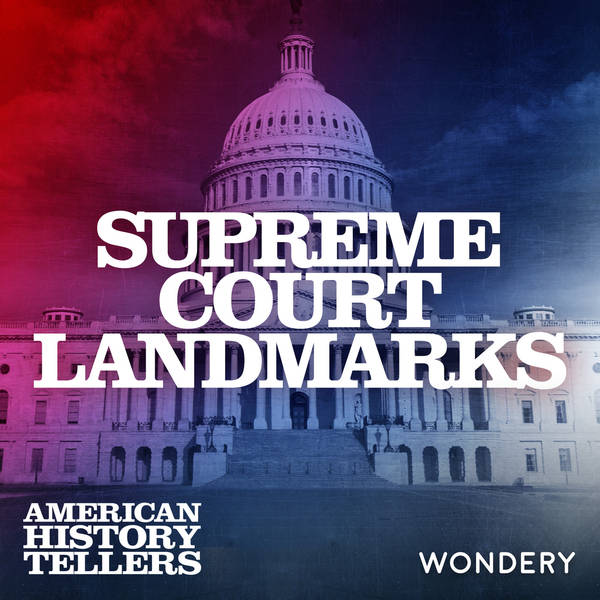
Supreme Court Landmarks | Separate and Unequal | 3
After the Civil War, America began to rebuild a shattered nation. For the first time, the country could create a society without slavery, and a nation where Black people could forge their own path as independent citizens.
But by the 1890s, the laws and policies that promised new rights for Black citizens in the South were under assault. In Louisiana, white politicians attempted to turn back the clock on racial progress by passing the Separate Cars Act and reinstating segregation.
The move prompted a Black New Orleans activist group called the Comité des Citoyens to rise up and challenge the law. Members Louis Martinet and Albion Tourgee aimed to build a test case – a case that would force the Supreme Court to strike down segregation laws, and disprove the idea that “separate” could ever be “equal.”
The high-stakes case would define race relations for decades to come. And it would begin with a brief train car ride in New Orleans, by a 29-year-old shoemaker named Homer Plessy.
Listen ad free with Wondery+. Join Wondery+ for exclusives, binges, early access, and ad free listening. Available in the Wondery App. https://wondery.app.link/historytellers
Support us by supporting our sponsors!
See Privacy Policy at https://art19.com/privacy and California Privacy Notice at https://art19.com/privacy#do-not-sell-my-info.
